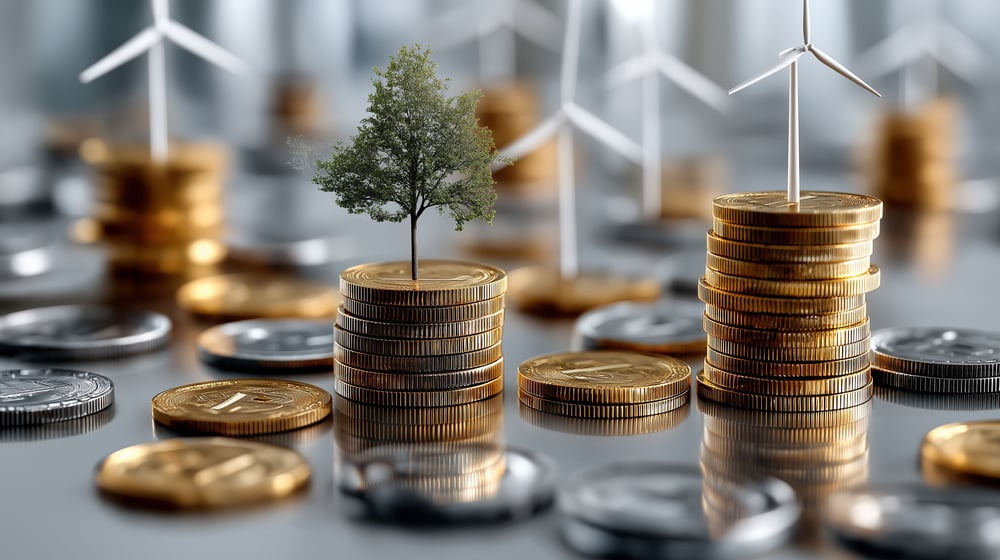Léger poll shows 56% want Quebec to end carbon price as gas costs and inflation remain high

More than half of Quebecers want the province to end its cap-and-trade carbon-pricing system, weeks after Prime Minister Mark Carney scrapped the federal consumer carbon levy, according to a new Léger survey cited by The Canadian Press.
The results reflect a shift in public opinion on environmental issues in a province historically aligned with carbon pricing and opposed to pipeline development.
Published Tuesday, the poll conducted for Québecor media properties found that 56 percent of respondents believe Quebec should abolish its current carbon-pricing scheme.
Support for ending cap-and-trade spans all major political parties in Quebec, except for the left-leaning Québec solidaire.
Another 28 percent said the carbon price should remain, while 15 percent were unsure or refused to answer.
Additionally, 68 percent said the carbon cost should be clearly displayed on gas station receipts, which is not currently done.
Quebec's cap-and-trade system adds approximately 10 cents per litre to gasoline prices.
Since April, Quebec has maintained one of the highest gas prices in Canada.
Following Carney’s decision to eliminate the federal consumer carbon levy, British Columbia also ended its carbon tax, leaving Quebec the only province still fully committed to carbon pricing.
According to GasBuddy.com, Quebec had the highest average gasoline price in Canada on Tuesday, aside from British Columbia. The average price was more than 20 cents per litre higher than in Ontario.
Statistics Canada reported that while gas prices helped push inflation down in other provinces in April, Quebec’s inflation rate rose.
Nationally, inflation slowed to 1.7 percent in April from 2.3 percent in March, largely due to the removal of the federal carbon price.
However, in Quebec, the annual inflation rate increased to 2.2 percent from 1.9 percent.
Parti Québécois leader Paul St-Pierre Plamondon urged the government to reduce the “unfair gap in the price of gasoline” between Quebec and neighbouring provinces.
He suggested options such as cutting provincial fuel or sales taxes and returning carbon market proceeds to taxpayers.
Currently, revenue from the carbon market funds Quebec's electrification and climate change programs.
St-Pierre Plamondon also noted that leaving the carbon market would be costly due to Quebec’s linkage with California’s system.
“There are several options for harmonizing pump prices across provinces, but leaving the carbon market would be the least intelligent option from a cost-benefit perspective,” he said in a social-media statement.
The same poll found that 55 percent of respondents support relaunching a pipeline project through Quebec to export oil or gas from Western Canada.
Another 26 percent said it would be a bad idea, while 19 percent were unsure or did not respond.
Premier François Legault told the national assembly on Tuesday that Quebec could support such a pipeline if it offers clear benefits to Quebecers.
However, he confirmed that no public funds would be invested. “We’re not dogmatic. We’re OK with Quebec making money,” Legault said. “The world has changed.”
| Léger surveyed 1,051 individuals from its online panel between May 9 and 11. No margin of error is applicable to panel-based surveys. |



